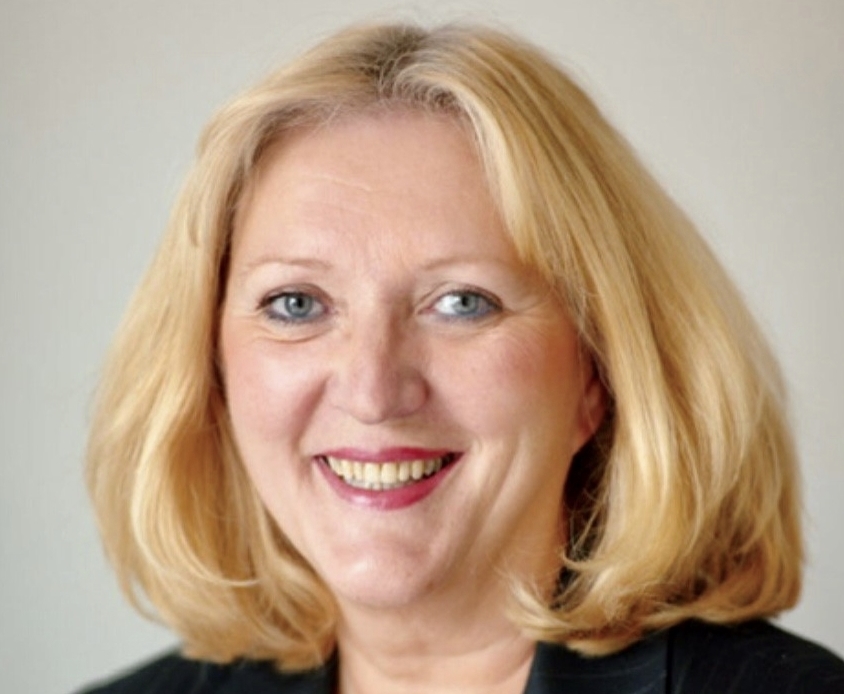Deputy chair of the Programme Board of CLIMIT
Eva Halland (67) graduated in geology from the University of Bergen and joined the Norwegian Petroleum Directorate (NPD) in 1984, where she has since held a number of technical and management positions. She was project manager for CCS and for the development of the Norwegian CO2 storage atlas. Halland left the NPD in July this year and now works for CarbonGeo Consulting as a consultant and board member. She is also project manager for transport and storage of CO2 in the member organisation CCUS Norway. In her career, she has had a number of jobs related to CCS around the world, including in South Africa and in several Asian countries, and has also acted as an advisor to ministries and departments in Western countries.


